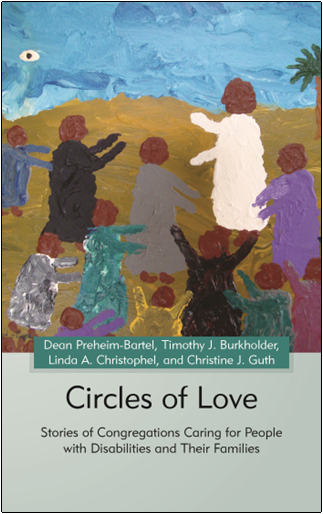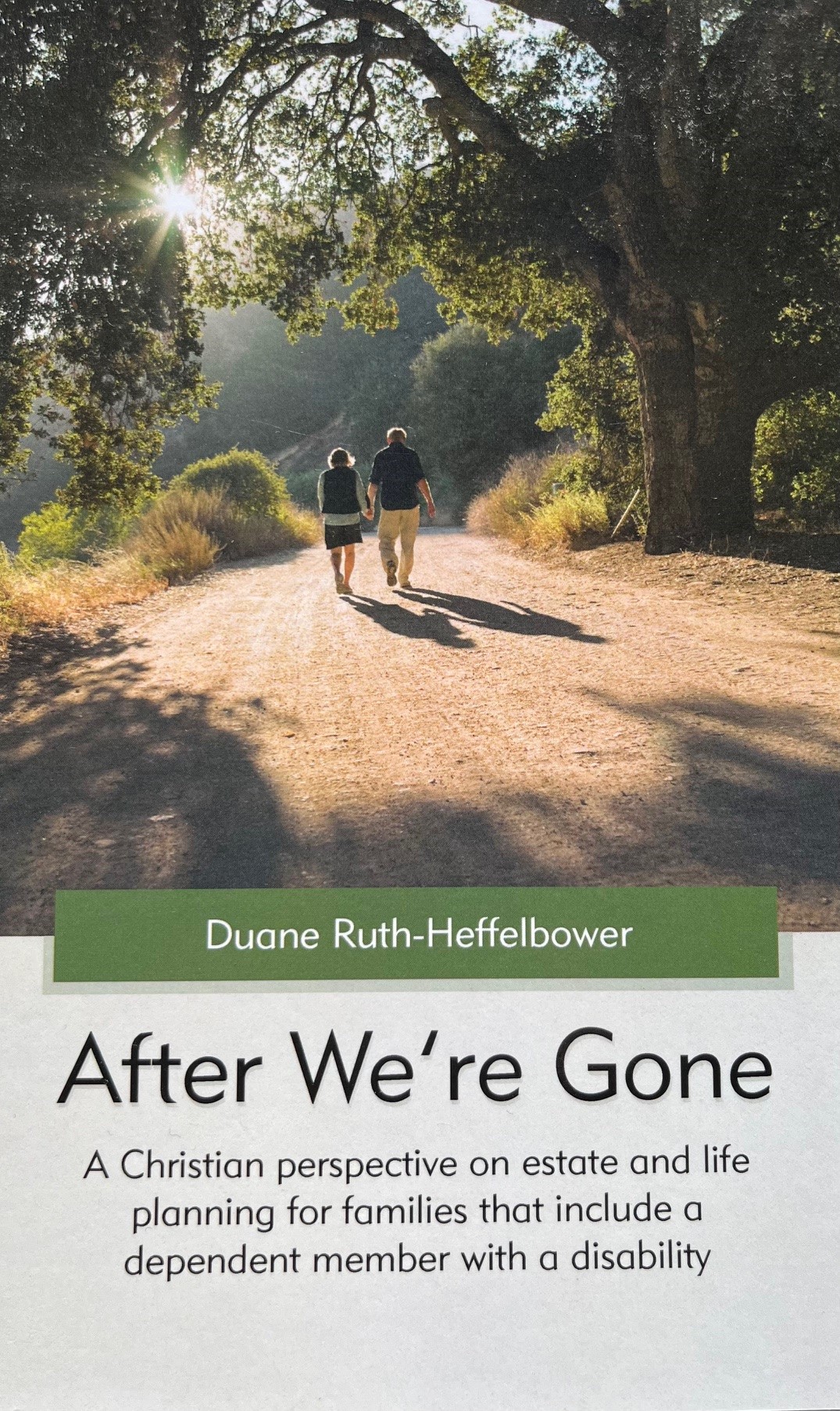Supportive Care Book Series
Models of Sustainable Care and Stories of Support
Supportive Care in the Congregation
Providing a congregational network of care for persons with significant disabilities
Supportive Care in the Congregation presents a way for congregations to support individuals with significant disabilities and their families by creating circles of care. This vision is rooted in the Anabaptist value of mutual care. Since this resource was first published, the vision for a network of congregational care has grown and evolved. Complementary ministries and movements have emerged. This edition offers a wealth of resources to those who take up the invitation to build supportive, caring, inclusive communities of faith.
written by Dean A. Preheim-Bartel, Aldred H. Neufeldt, Paul D. Leichty, and Christine J. Guth.
Circles of Love
Stories of congregations caring for people with disabilities and their families
If your family includes someone with disabilities, you know that congregations can be places of healing or harm, support or lack of care. How can churches better support individuals with disabilities and their families? Circles of Love tells the stories of people who have received support from caring people in Anabaptist congregations, support that has changed the course of their lives. These are stories of ordinary people whose lives have been transformed by circles of love. Learn concrete acts of compassionate care that congregations can make to support people with disabilities and those who love them.
written by Dean A. Preheim-Bartel, Aldred H. Neufeldt, Paul D. Leichty, and Christine J. Guth
After We’re Gone
A Christian perspective on estate and life planning for families that include a dependent member with a disability
Caring for an adult who is dependent due to a significant disability is a major responsibility. Making provisions for that person’s physical, emotional, and financial well-being after the death of a caregiver can be complex and confusing. After We’re Gone introduces options and resources for the Christian family and faith community as they interact with the legal system to make provisions for the ongoing care of loved ones with disabilities.
written by Duane Ruth-Heffelbower




